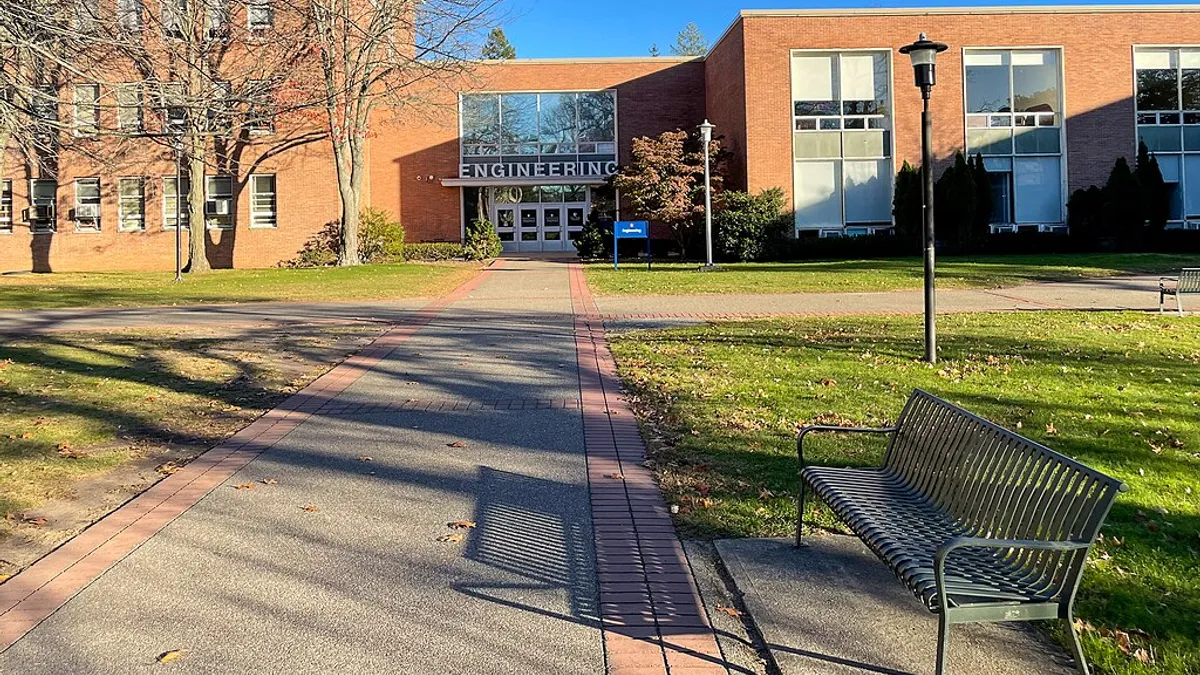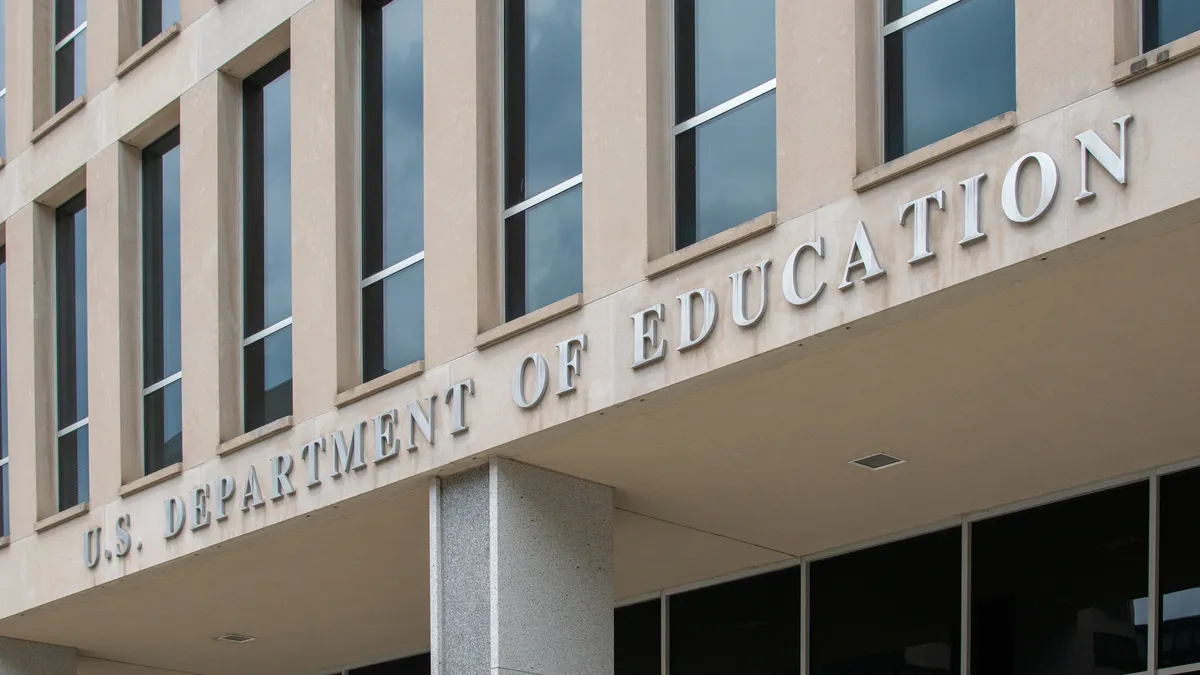WASHINGTON — The transition from high school to higher education is often tumultuous, and students can face a unique disadvantage their first year. With so few credits banked, one or two bad final grades can tank their cumulative GPA and risk their academic standing.
One institution undertook an experiment to assist such students and saw promising results after just one semester.
In summer 2024, Stony Brook University launched the Summer Academic Resilience Program, or SARP, a pilot program designed to support first-year students who had been placed on academic probation after their first semesters.
Leaders at the public New York institution presented the results Wednesday at the American Association of Colleges and Universities' annual conference.
In just a few months, the program — which offered one-on-one coaching and wraparound services — improved the students' GPAs and raised the institution's overall first-year retention rate by 1 percentage point, they said.
A common challenge
A 2.0 GPA is the typical threshold for academic probation. The higher education research nonprofit California Competes found that 1 in 5 students end their first years with a cumulative GPA below that.
Research has also shown that students' likelihood of academic success and on-time graduation diminishes once they're put on probation.
At Stony Brook, 210 first-year students were placed on academic probation in fall 2023. Just 22 were reinstated to good standing in the spring. And 24 went on to be suspended, the last step before being dismissed.
And that was an improvement from the year before, according to Rachelle Germana, senior associate provost for undergraduate education at Stony Brook.
"In fall of 2022, we reinstated one first-year student who had been suspended — only one," she told conference attendees. Another 32 students were suspended that term.
The situation led Stony Brook, a member of the State University of New York system, to design the pilot program to improve student outcomes more quickly and prevent suspension after probation.
In summer 2024, SARP enrolled 30 first-year students on probation. Michelle Setnikar, associate director and academic standing coordinator at Stony Brook, described the cohort as both racially and economically diverse.
Nearly all participating students reported facing a significant personal challenge, such as mental health concerns, a family crisis or financial difficulties. Almost half said they were experiencing two or more such challenges at once.
The pilot offered participants full financial support, covering the cost of two summer courses, housing and meals. It also conducted a needs assessment for each student and connected them with wraparound support services, including a dedicated academic advisor and one-on-one financial aid consultations.
Before the program, the pilot group’s average cumulative GPA was 1.62, Germana said. After the summer semester, the average increased to 2.03. And by the end of fall 2024, the group's cumulative GPA had risen to 2.65.
More than a third of participants, 11, finished 2024 with GPAs above 3.0, Germana said.
"What became even more impressive for us was the way in which the students demonstrated improved academic skills, which was reflected in their summer term GPA," she said. "For five credits across these 30 students, they averaged a 3.67 GPA with the support that was provided."
Probation also carries nonacademic consequences, including loss of financial aid, Germana said. Even if affected students stay enrolled, the loss of funds can force them to take fewer classes and slow their progress through their programs.
"We covered some balances for some of these students to help promote their retention, because they had been so successful as far as their GPA was concerned," Germana said.
Stony Brook will continue the SARP program this summer and aims to slowly increase the number of students it serves, Germana said. For 2025, the goal is to enroll up to 50 students and put a more robust financial aid plan in place.
SARP has also inspired ideas for other student support programs, Germana said. Stony Brook is now working on a pilot to provide needs assessments for a wider swath of students and another one to offer campus employment to students on probation.






















